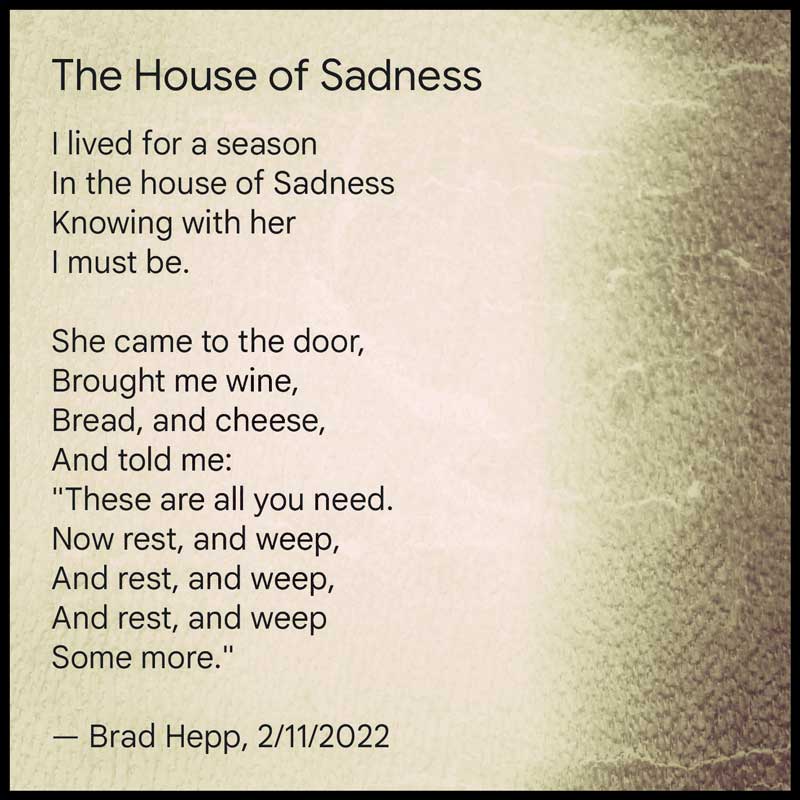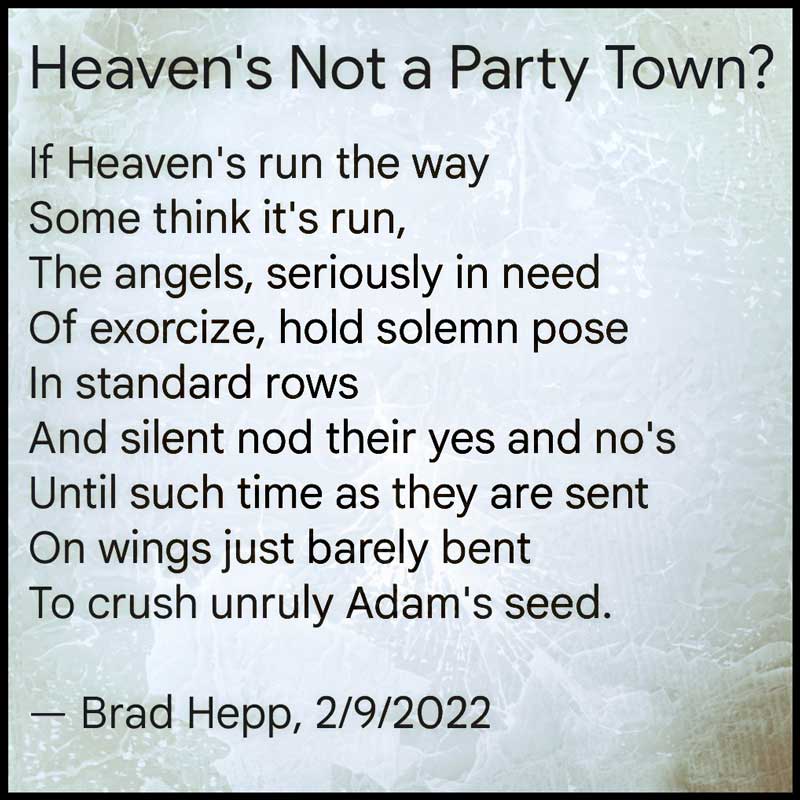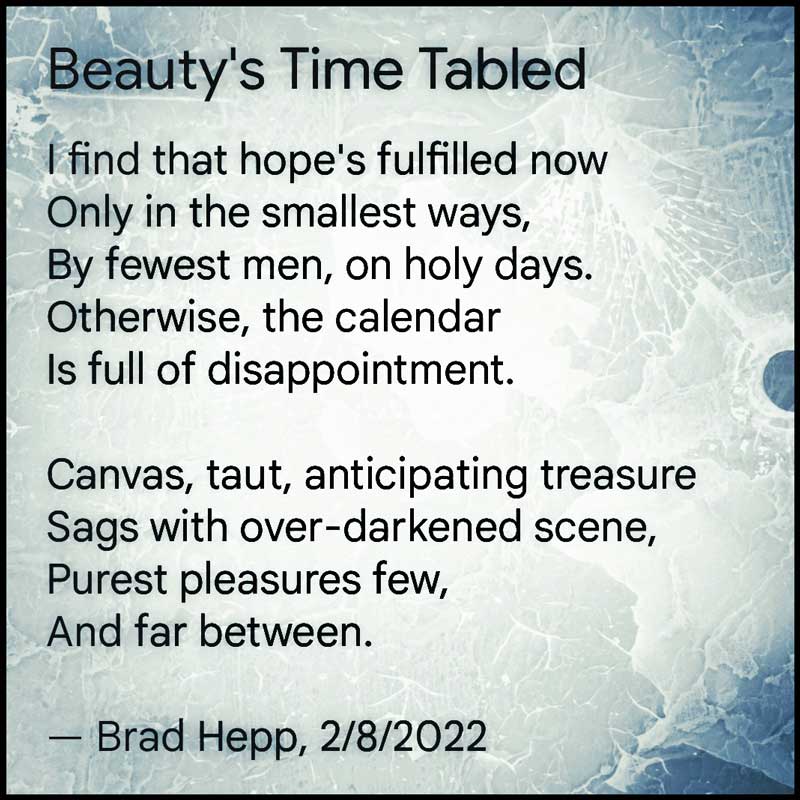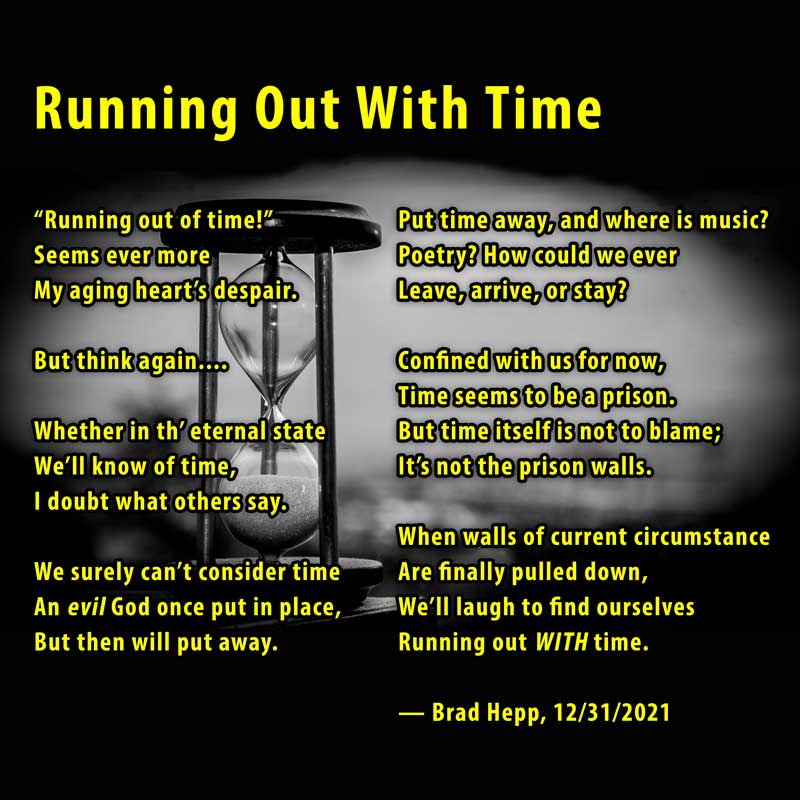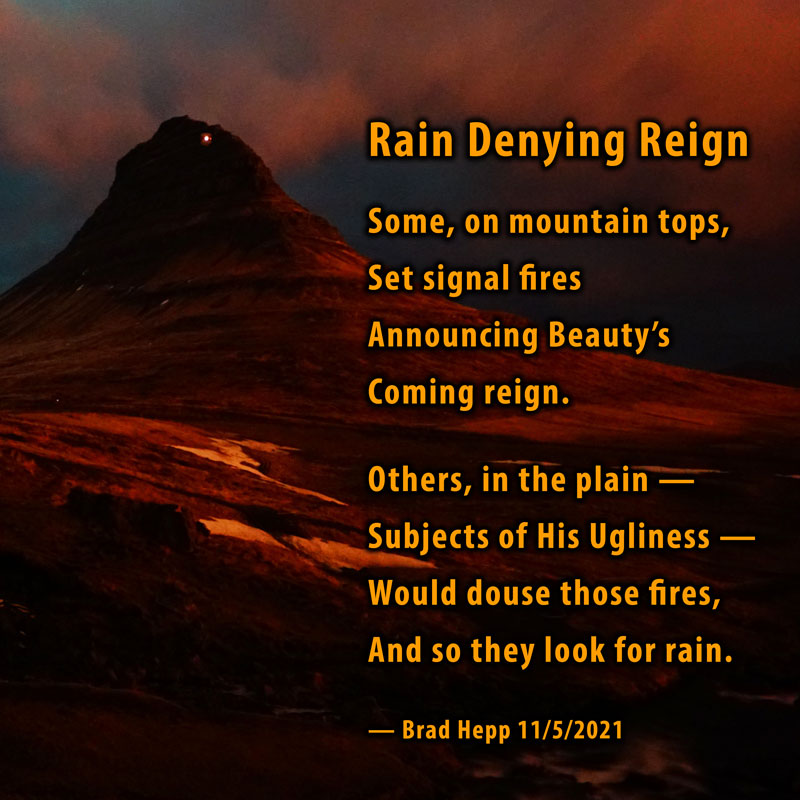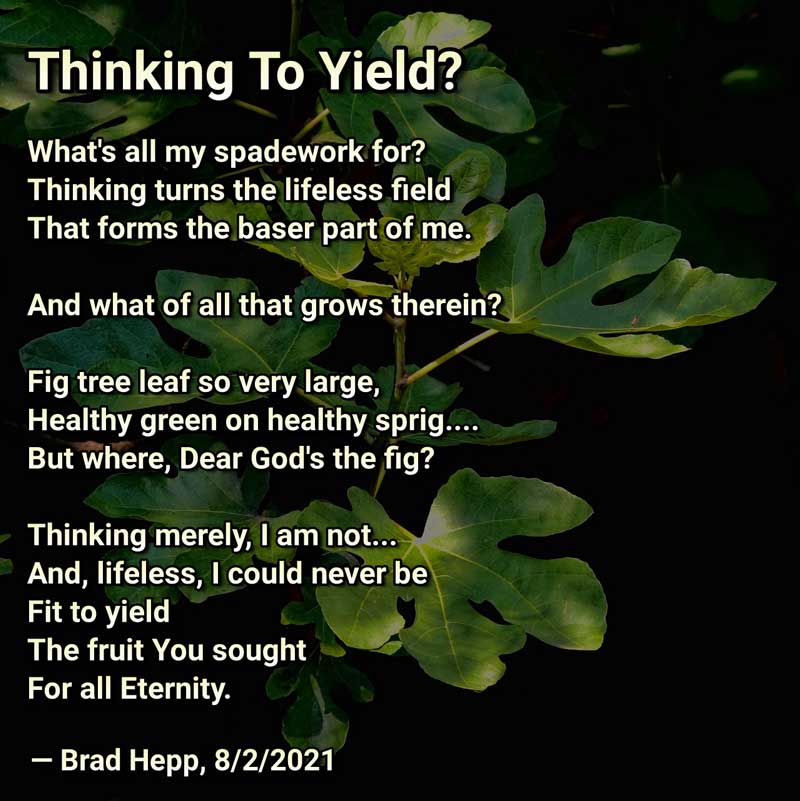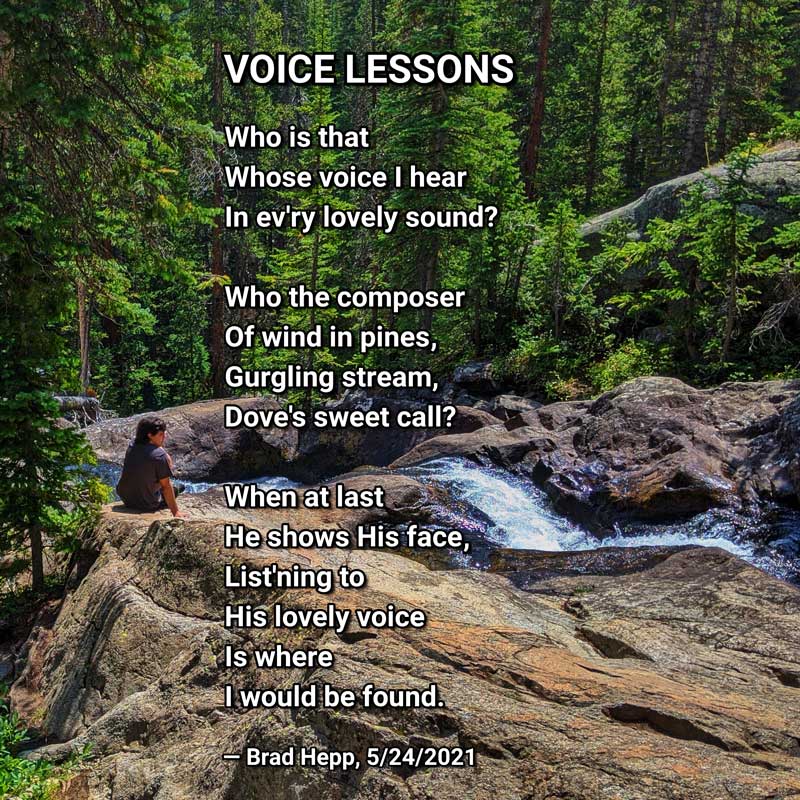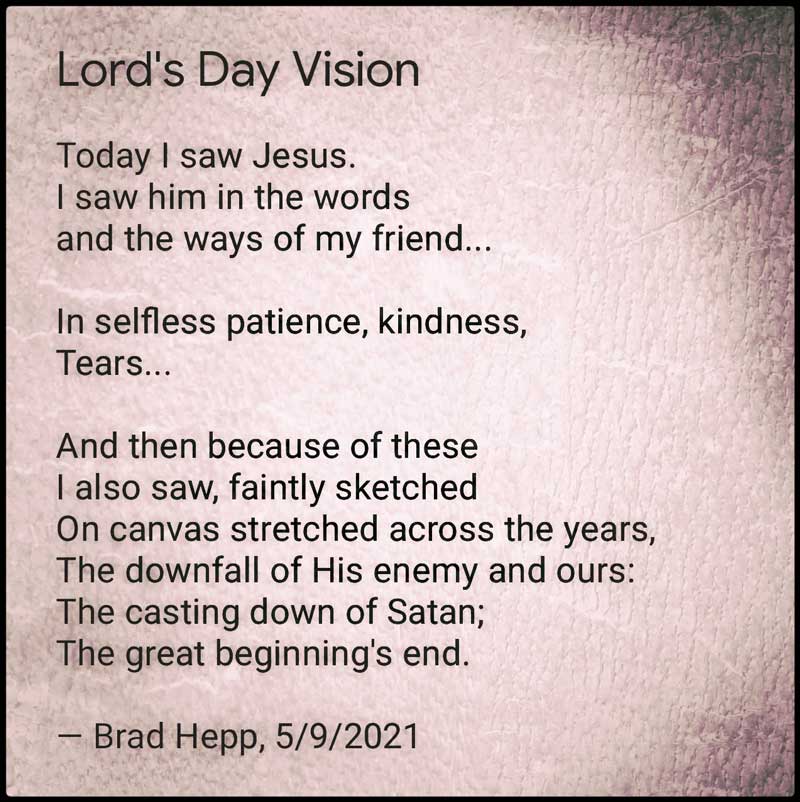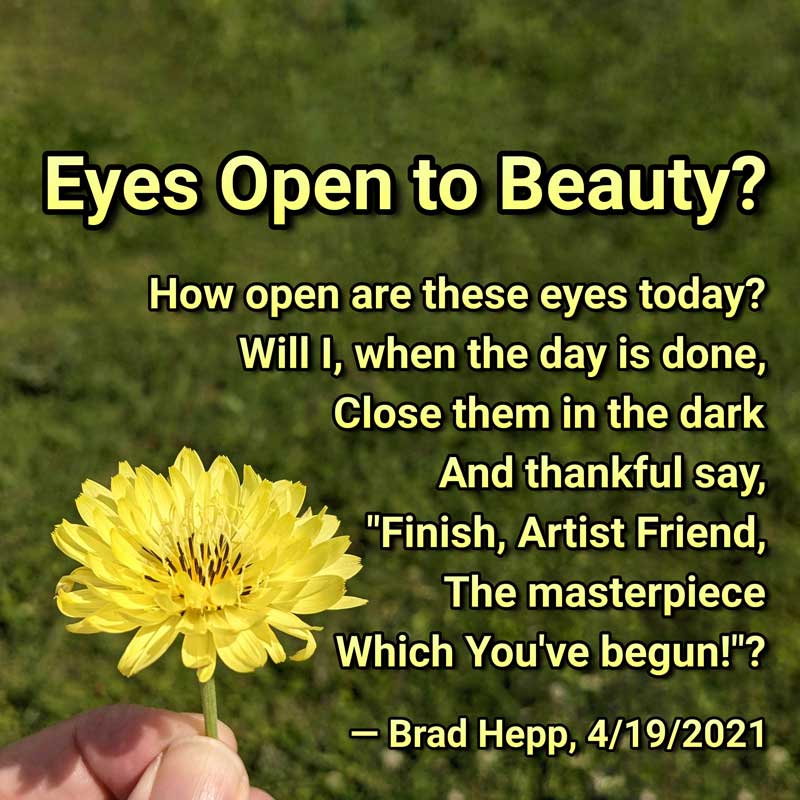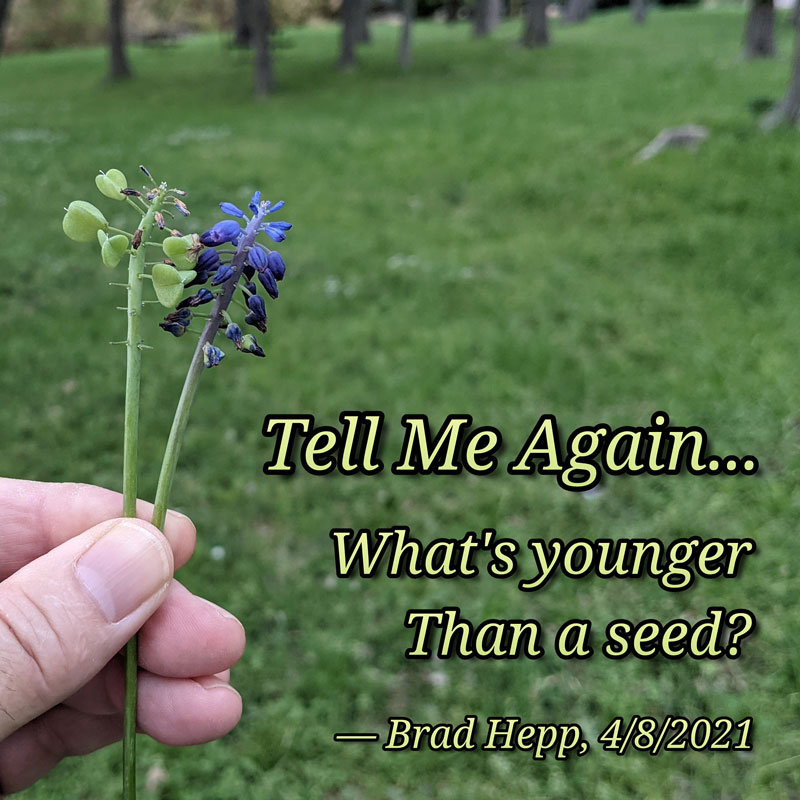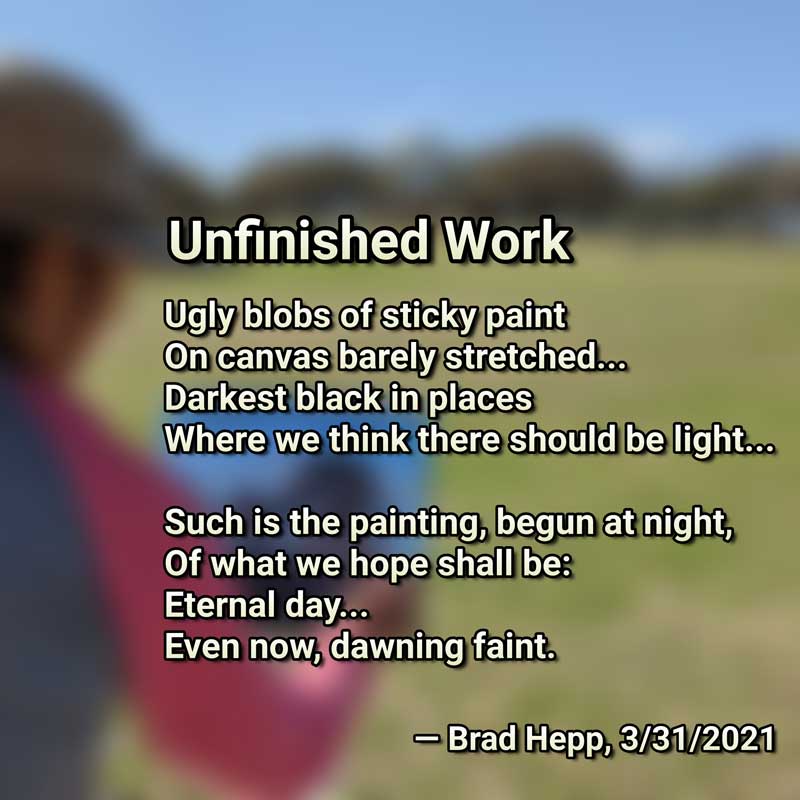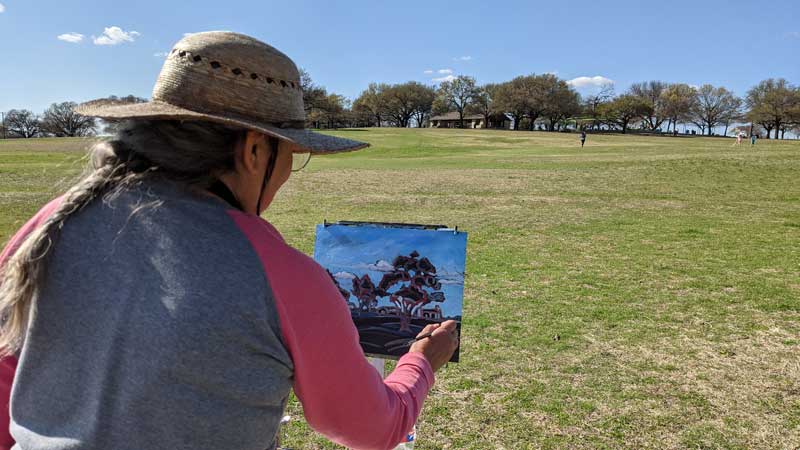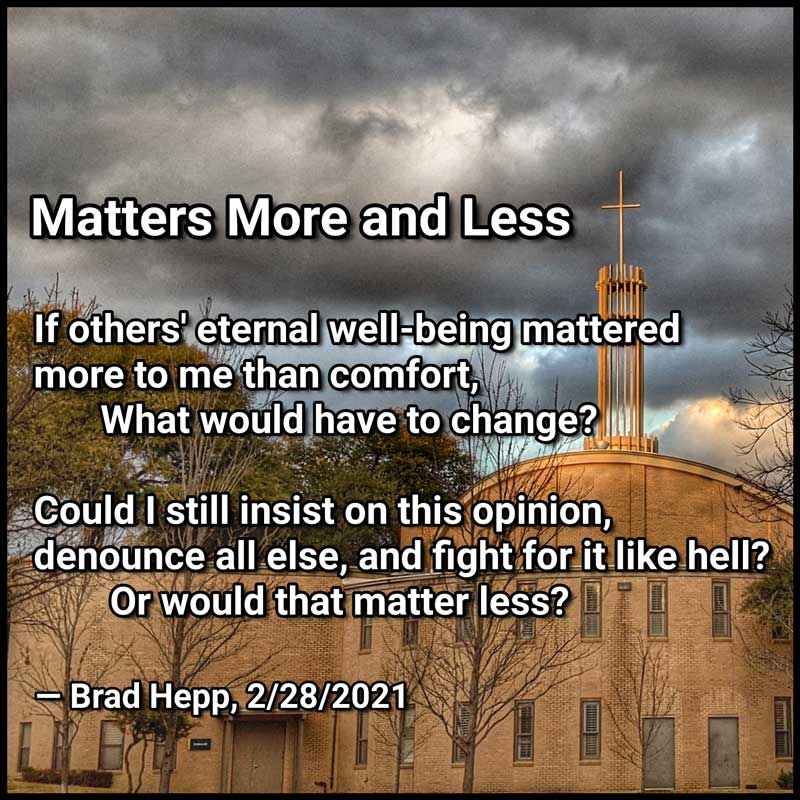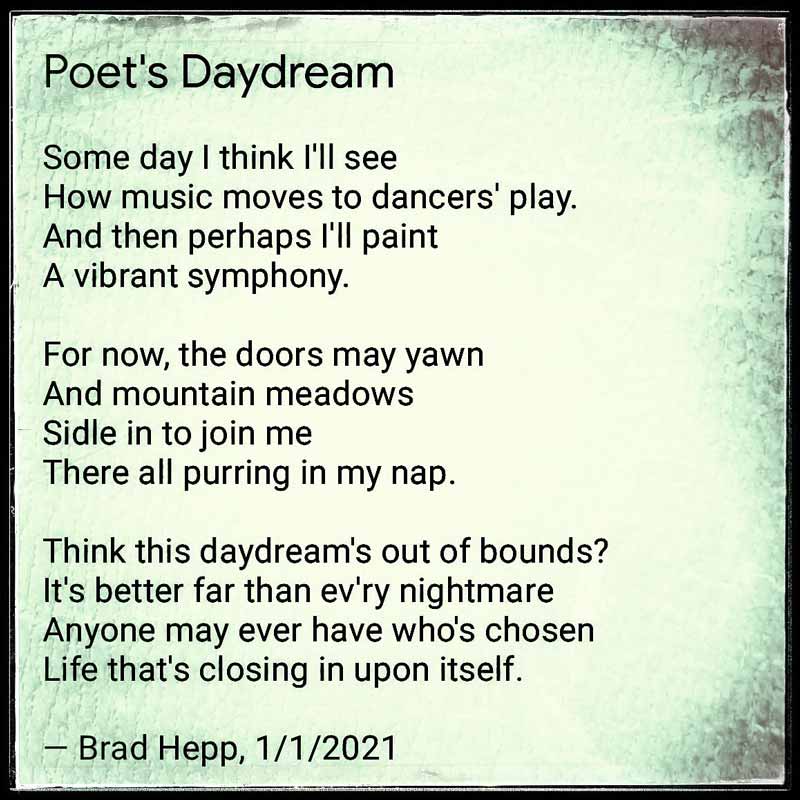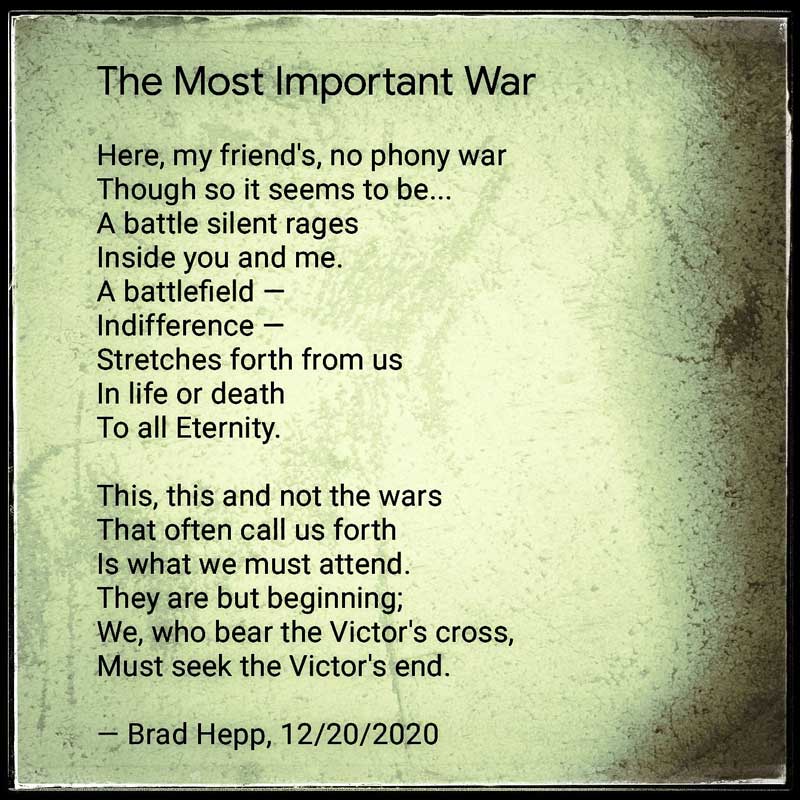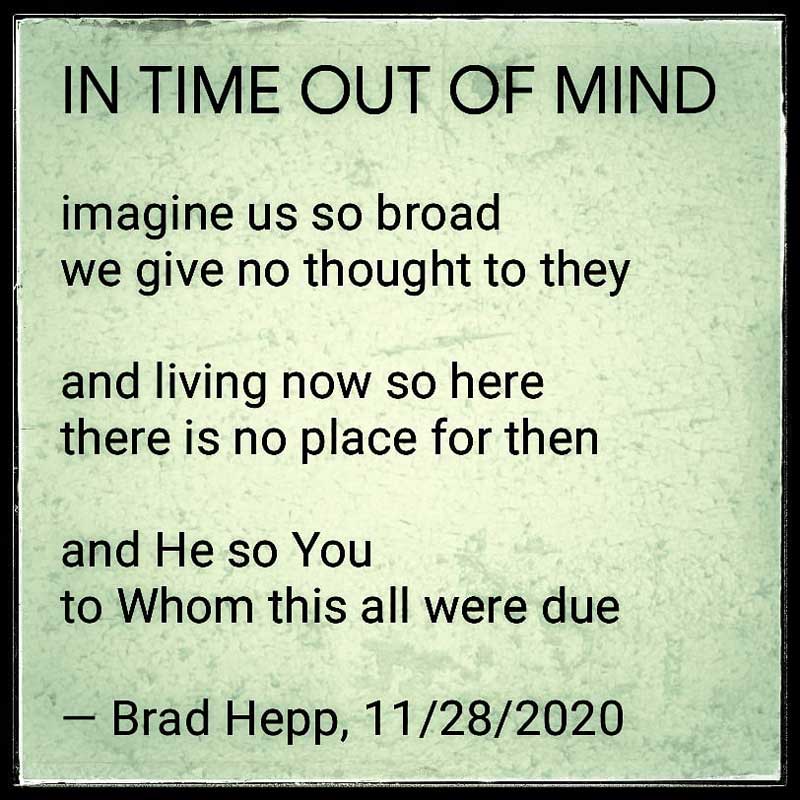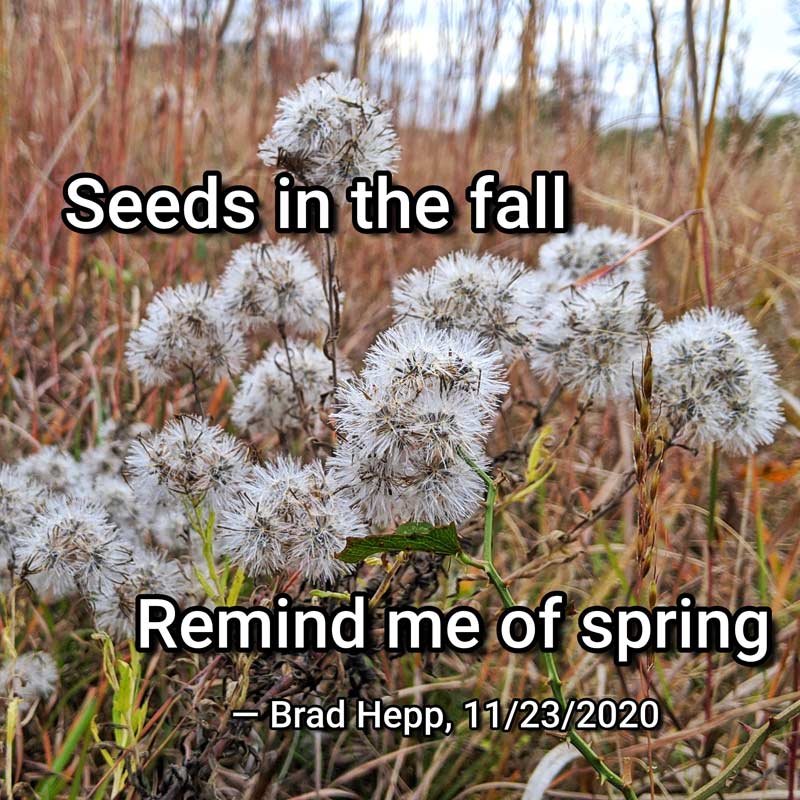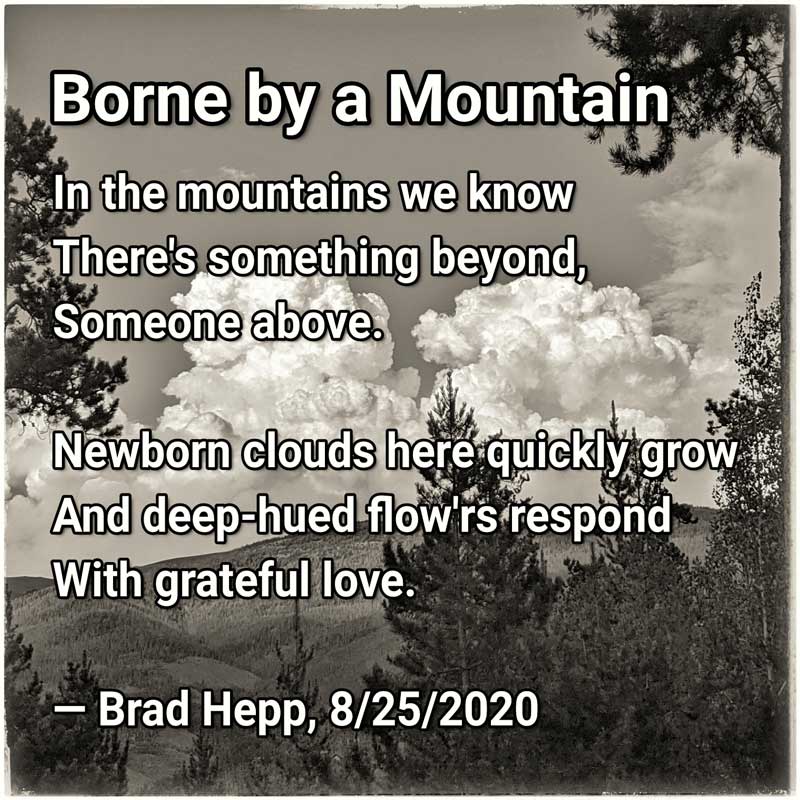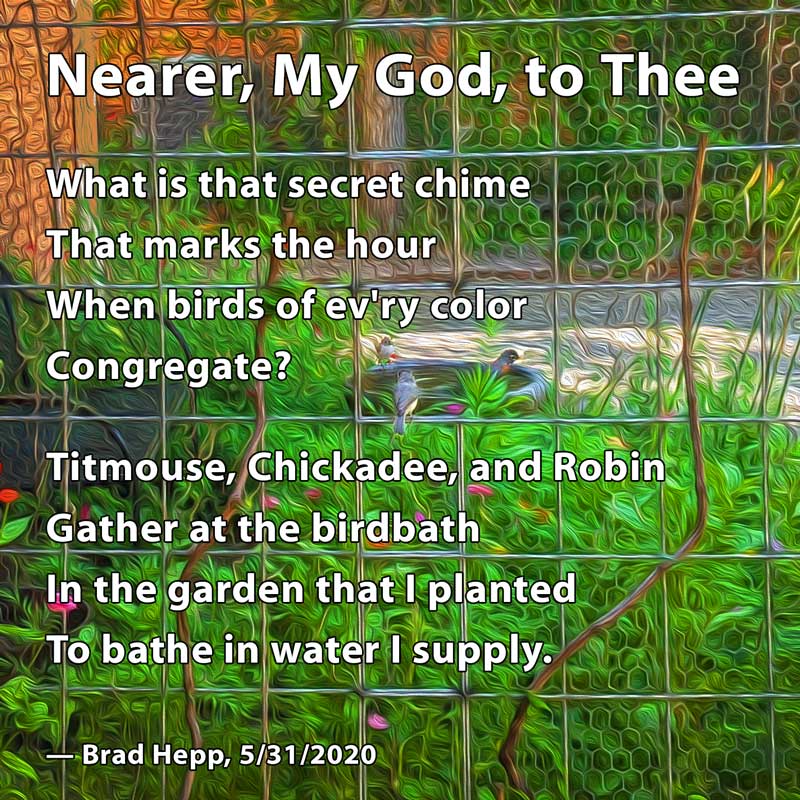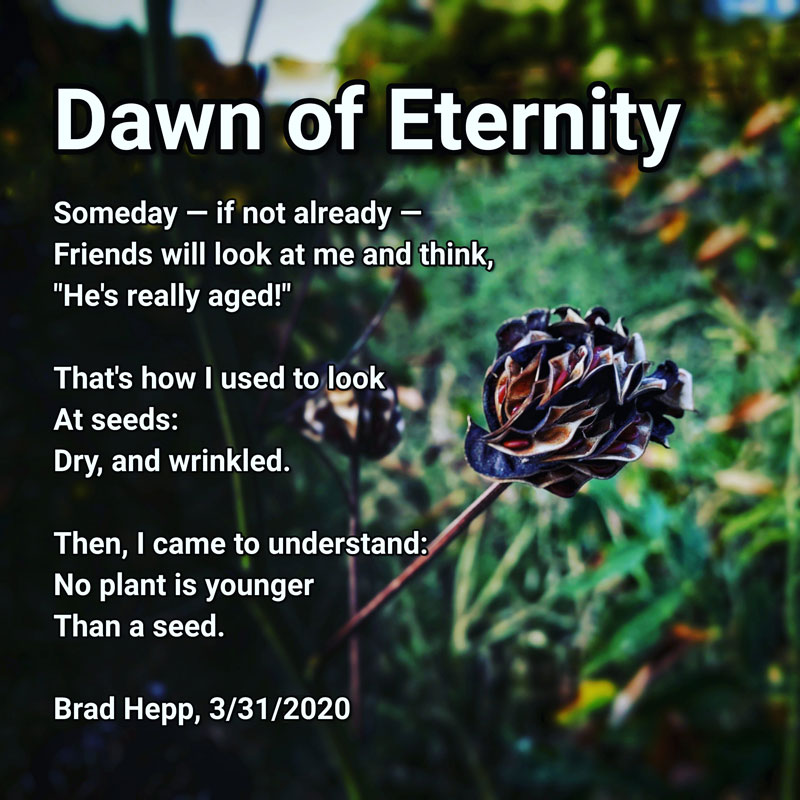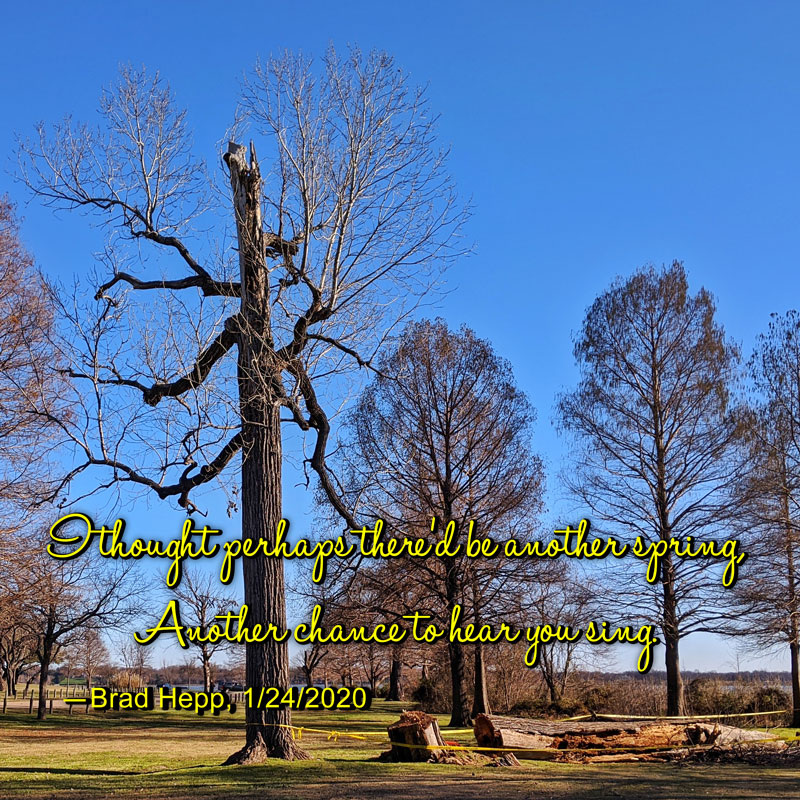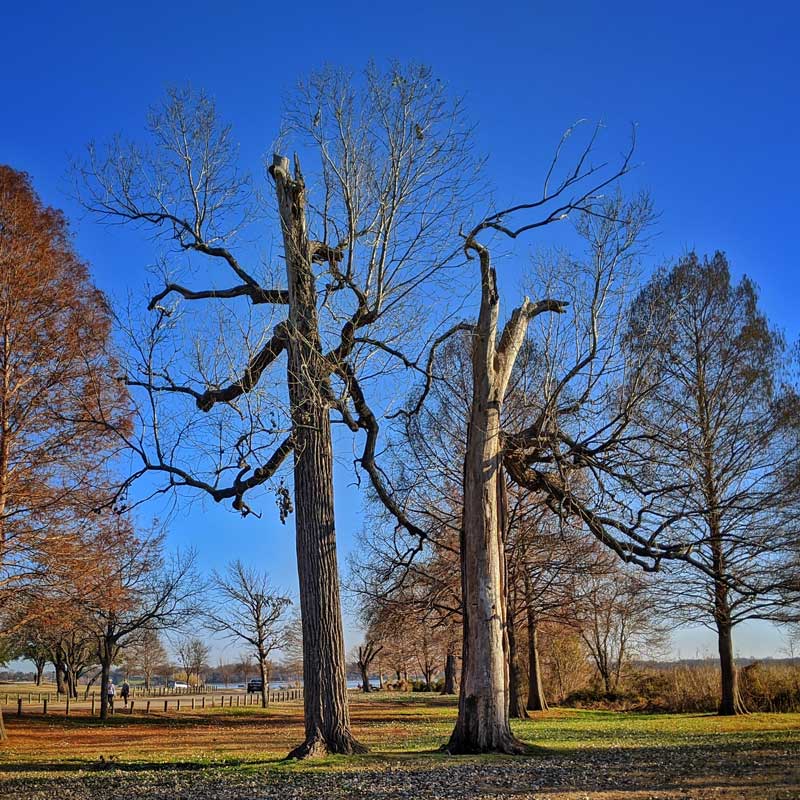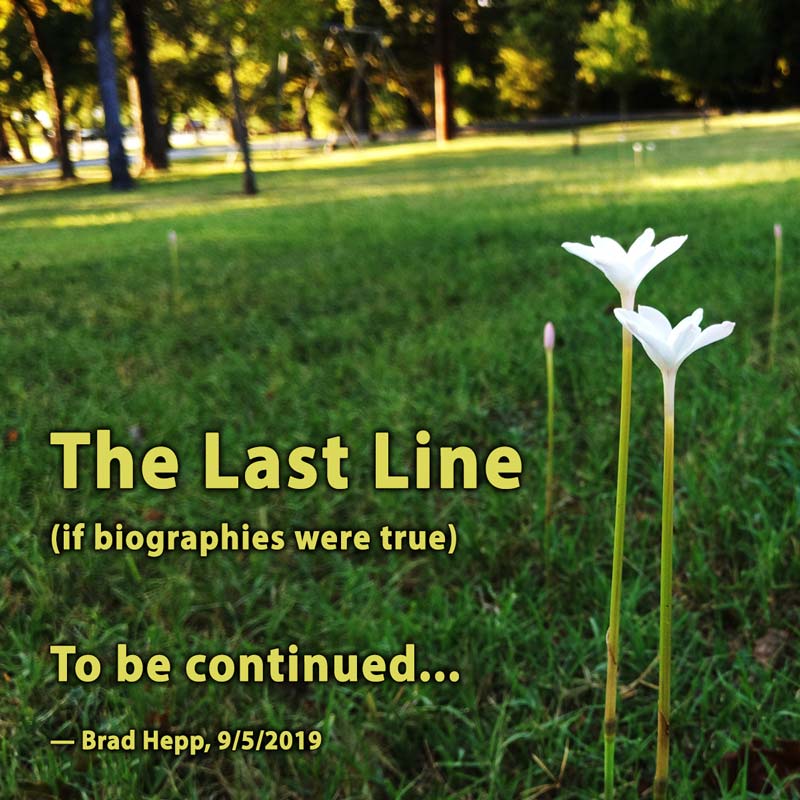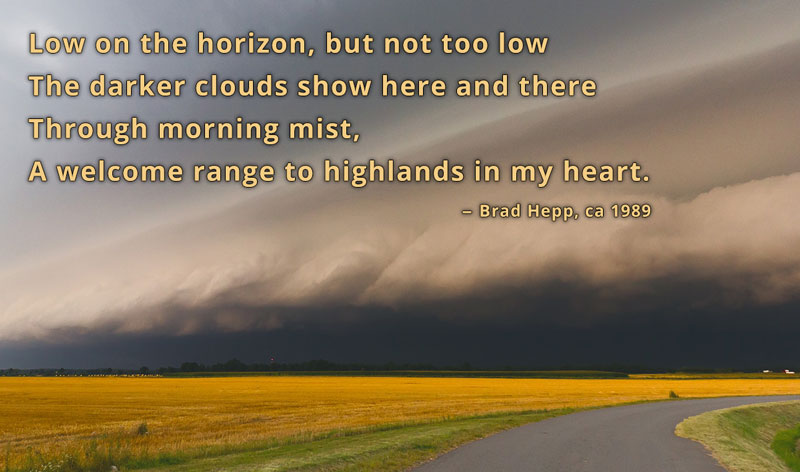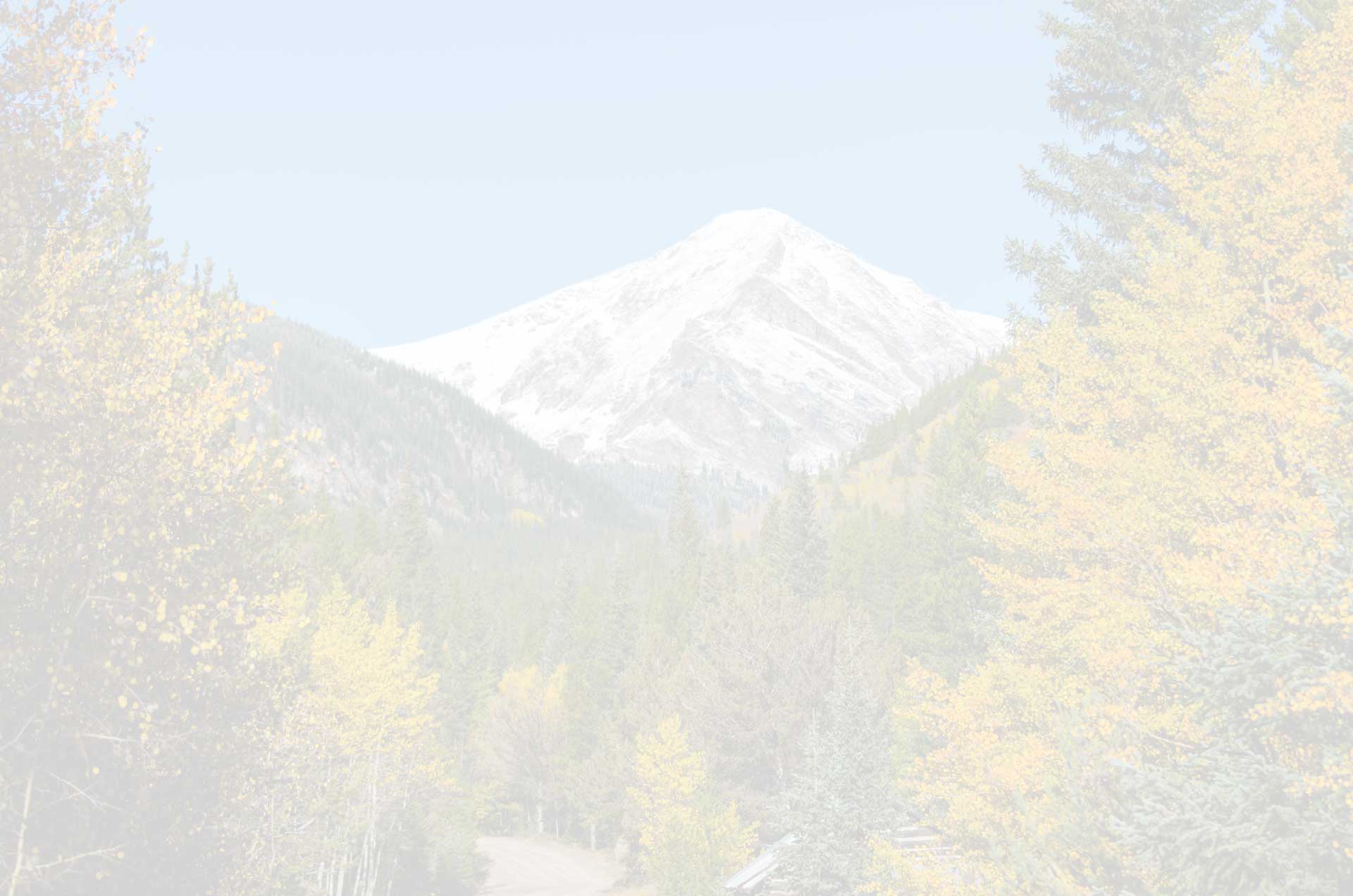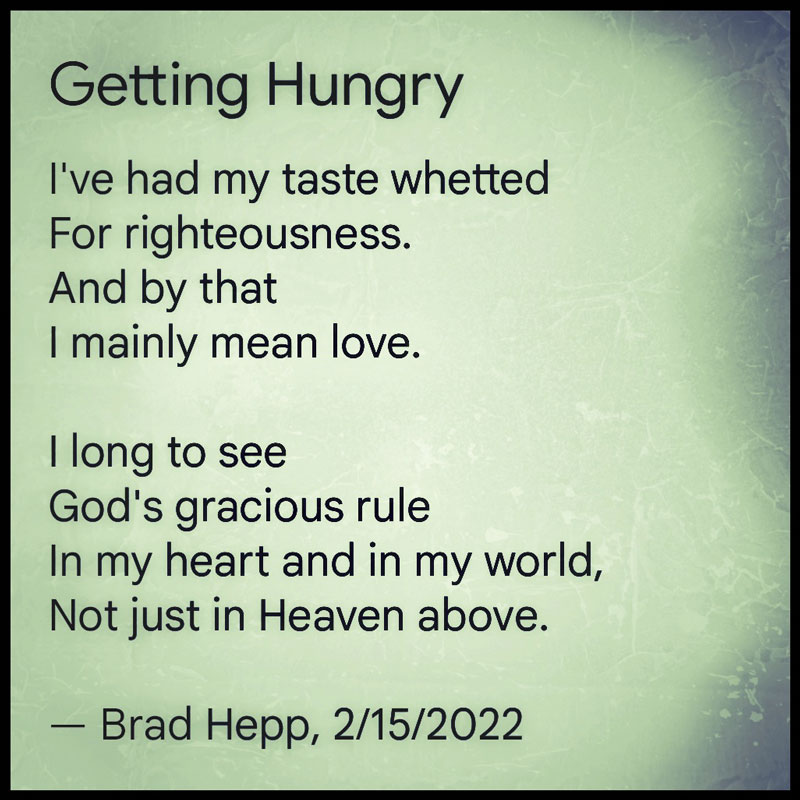
Commentary
This morning, I wrote a LONG reflection on legalism and generosity. Then the poet in me said, “Let me handle this!” Thus the little poem above.
Here’s an outline of what prompted the poem:
In Matthew 12 and Galatians 2, we see Pharisees and Judaizers spying on the liberty that Jesus’ followers have vis-a-vis Jewish Law. In Matthew 12, it was the Pharisees objecting to the disciples’ foraging as they walked through a grainfield on the Sabbath. In Galatians 2, it was apparently the Judaizers insisting that Gentile converts had to adopt Jewish mores. (this event is very like–possibly the same as–what is described in Acts 15: the Jerusalem Council).
In both passages, the response is that righteous behavior is more associated with mercy, compassion, and generosity than it is with punctilious rule-keeping.
Notice what Jesus said to the Pharisees (I have bolded what jumps out at me):
And if you had known what this means, ‘I desire mercy, and not sacrifice,’ you would not have condemned the guiltless. For the Son of Man is lord of the Sabbath.
Matthew 12:7-8
Notice what I bold here in Paul’s Galatians 2 summary:
…when James and Cephas and John, who seemed to be pillars, perceived the grace that was given to me, they gave the right hand of fellowship to Barnabas and me, that we should go to the Gentiles and they to the circumcised. Only, they asked us to remember the poor, the very thing I was eager to do.
Galatians 2:9-10
Is Righteousness Rule-Keeping?
I think many of us who know that righteousness is NOT merely rule-keeping still hang onto that notion. I see it in the culture wars. I can almost hear some Christians say, “Those people out there are not righteous. Just look at how they break God’s moral laws!” Does it matter that “those people out there” are sometimes more loving, more generous, more merciful than the Christians who are judging them?
That’s why I wrote in the poem that by righteousness, “I mainly mean love.” And when I look “out there” at a world of people who don’t know Jesus Christ, I must also look “in here.” Do I demonstrate that I know Him by practicing the righteousness of love? Is God’s gracious rule operating in my heart?
